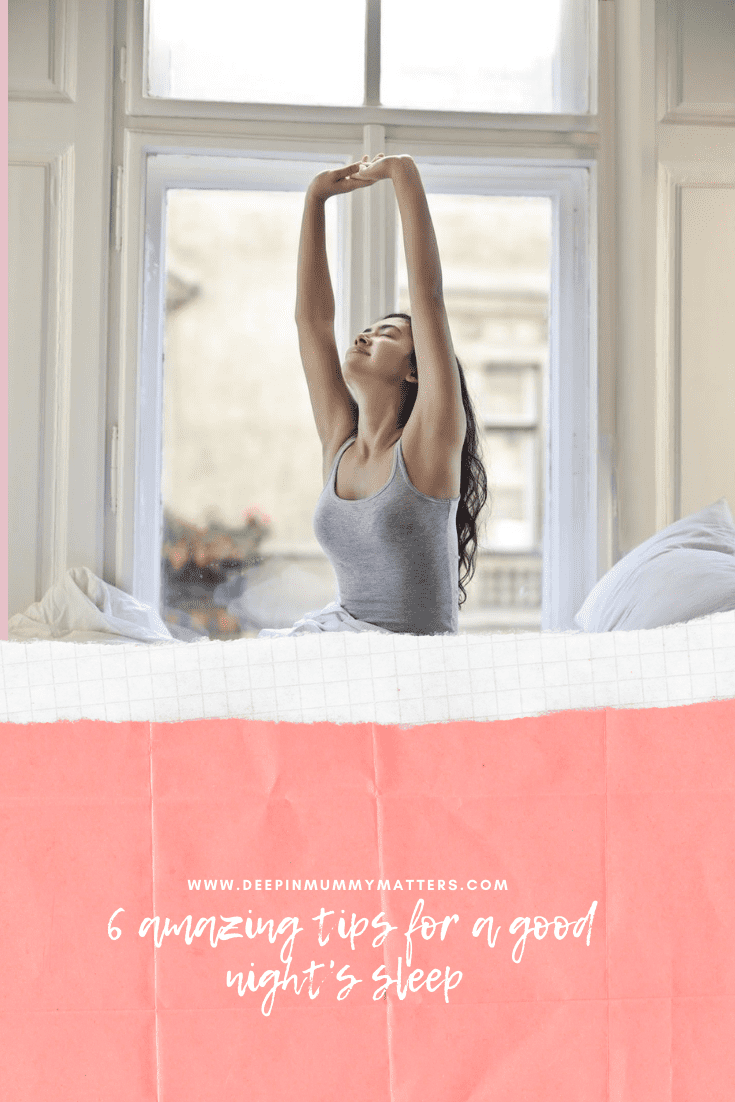Having a good night’s sleep has a great impact on your overall physical and mental state. Unhealthy daily habits and lifestyle choices may lead you to suffer during sleepless nights, affecting your mood, brain and heart health, immune system, creativity, energy, and weight. However, by incorporating the following suggestions into your daily routine, you may get better sleep, enhance your health, and improve how you think and feel during the day.
Understanding and Addressing Sleep Disorders
A good night’s sleep is crucial, but for some, it’s not as simple as following nightly routines. Sleep disorders, ranging from insomnia to circadian rhythm sleep-wake disorders, can significantly impact one’s sleep quality and overall health. If you or someone you know struggles with sleep-related issues, it’s important to seek professional guidance. For comprehensive information and sleep disorder help, The Recovery Village offers valuable resources and support. Understanding the nature of sleep disorders and getting the right help can be the first step towards better sleep and improved well-being.
Exposure to Light
Melatonin is a hormone that governs your sleep-wake cycle and is affected by light. Your brain secretes more melatonin when it’s dark, which makes you sleepy, and less when it’s bright, which keeps you alert. Early in the morning, expose yourself to bright sunshine since the light will help you wake up.
During the day, increase the amount of time you spend outside. Instead of going for a late-night stroll, take your work breaks outside in the daylight. Keep the drapes and blinds open during the day, and try to move your workspace closer to the window so that you can be more exposed to daily light.
At night, blue light generated by your phone, tablet, computer, or television is particularly bothersome. By utilizing devices with smaller screens and lowering the brightness, you can reduce the impact. Not only does television light hinder melatonin synthesis, but it also makes you feel alert. Instead, try reading a book. To hide the light from windows, use heavy drapes or shades or a sleep mask. Consider addressing light-emitting gadgets as well.
Weighted Blankets
Weighted blankets are simple, hefty blankets that have made a significant difference in improving sleep quality in recent years. These blankets are designed to use Deep Touch Pressure, which simply refers to any type of deep pressure applied evenly throughout the body. Deep pressure stimulation can also assist persons with various sleep issues to achieve a better night’s sleep. The use of a weighted blanket can help those with restless limb syndrome, chronic pain, and even sensory difficulties. Weighted blankets can help persons with anxiety disorders, such as panic attacks, to feel better. Weighted blankets increase dopamine, oxytocin, and serotonin levels while lowering stress chemicals, resulting in a relaxing effect for the user.
Whether you’re seeking to treat the symptoms of a certain ailment or just want to get a better night’s sleep, a weighted blanket can assist. Search for a blanket that feels like a soothing hug and helps you sleep soundly without tossing and turning all night. For that reason, you should be looking for Hush blankets, which are among the best on the market. Weighted blankets can help you enhance your emotional and physical health, and you’ll be grateful for them and tell your family and friends about them.
Make Your Sleeping Environment a Comfortable One
A relaxing nighttime ritual sends a strong message to your brain that it’s time to unwind and let go of the tensions of the day. Even little adjustments to your surroundings might have a significant impact on your sleep quality. You should be able to stretch and turn easily without becoming tangled in your bed blankets. If you frequently wake up with a hurting back or neck, you may need to experiment with different mattress firmness levels and pillows that give more or less support. To avoid nighttime congestion and sniffles, look for hypoallergenic pillows.
Create Your Sleeping and Napping Schedule
A healthy adult should get at least seven hours of sleep every night. To attain this aim, most people don’t require more than eight hours in bed. Try to sleep and wake up at the same hour each night and morning. Consistency is important for keeping your body’s sleep-wake cycle in check.
If you take a nap many times a day, it can make matters worse if you have difficulties sleeping or staying asleep at night. Take naps no longer than 20 minutes early in the afternoon.
Take a Bath
A warm bath or shower an hour or two before bed has been demonstrated to calm both the body and mind, reducing both heart rate and blood pressure in one research. The heat helps you de-stress by relaxing stiff, fatigued muscles, thus resulting in better sleep.
Talk to a Doctor
If none of the other methods works, A doctor is an ideal person to give thorough advice to persons who are having major sleeping problems. If your sleep issues are worsening, lasting over time, threatening your health and safety (such as from excessive daytime drowsiness), or occur alongside other unexplained health concerns, consult your doctor.
A restful night’s sleep is necessary for good health and a happy mood. But when was the last time you awoke feeling revitalized, alert, and hopeful, ready to face the challenges of the day? These suggestions should help you feel calmer and rested.


